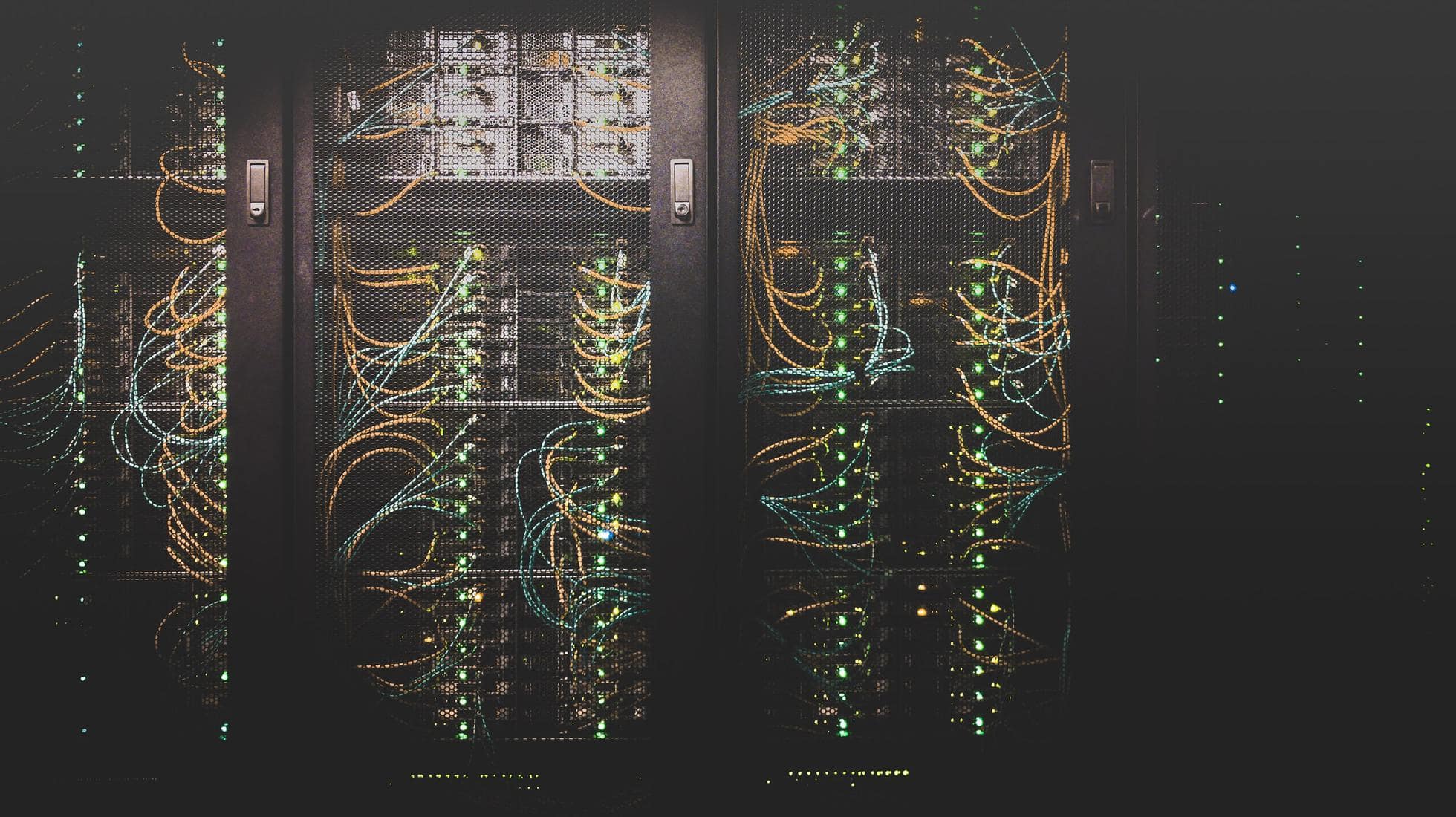In today’s digital landscape, increasingly shaped by automation, data scraping, and geolocation-sensitive content, choosing the right proxy provider has become essential. Whether for personal privacy, marketing intelligence, or brand protection, secure and scalable proxies are a vital tool. As we move through 2025, several providers have established themselves as leaders in this ever-evolving field. Here’s a straightforward comparison of the best proxy providers to help professionals and businesses make informed decisions.
1. Bright Data
Formerly known as Luminati, Bright Data continues to dominate the proxy market with an enormous selection of residential, mobile, and data center proxies. The platform is favored for its superior performance in large-scale data extraction and web scraping projects.
- Proxy types: Residential, Mobile, Data Center, ISP
- IP Pool Size: Over 72 million
- Best for: Enterprise-level data collection, scraping protected websites
- Pricing: Premium; usage-based

2. Smartproxy
Smartproxy has made a name for itself as a reliable and cost-effective alternative for users who require flexibility and scale. With an easy-to-use dashboard and quick integration, it’s perfect for both beginners and seasoned developers.
- Proxy types: Residential, Mobile, Data Center
- IP Pool Size: Over 50 million residential IPs
- Best for: Sneaker copping, market research, SEO tracking
- Pricing: Affordable; plans start around $12.50/month
3. Oxylabs
Oxylabs is another heavyweight in the proxy world, offering impressive infrastructure tailored for professional use cases. The company is known for powerful scraping solutions, including AI-based tools for high-demand projects.
- Proxy types: Residential, Data Center, Shared Data Center
- IP Pool Size: Over 100 million
- Best for: E-commerce data collection, corporate-scale tasks
- Pricing: Enterprise-level; free trial available

4. SOAX
SOAX offers clean, carefully filtered residential IP pools ensuring high quality and legitimacy. With easy location targeting and a constantly updated pool, it’s a great fit for users who prioritize reliability over everything.
- Proxy types: Residential, Mobile
- IP Pool Size: Over 8.5 million
- Best for: Ad verification, content localization
- Pricing: Mid-range; flexible usage plans
5. Storm Proxies
For budget-conscious users and smaller-scale needs, Storm Proxies remains a good entrant. Although it doesn’t offer the IP volume or sophistication of premium vendors, it delivers dependable performance for moderate tasks.
- Proxy types: Data Center, Residential (rotating)
- IP Pool Size: Limited
- Best for: Social media management, small scraping tasks
- Pricing: Budget-friendly; plans start at $10/month
Direct Comparison Table
| Provider | IP Pool | Proxy Types | Best Use Case | Starting Price |
|---|---|---|---|---|
| Bright Data | 72M+ | Residential, Mobile, ISP, Data Center | Enterprise scraping | $15+/GB |
| Smartproxy | 50M+ | Residential, Mobile, Data Center | SEO & Market research | $12.50/month |
| Oxylabs | 100M+ | Residential, Data Center | Mass data extraction | $99/month |
| SOAX | 8.5M+ | Residential, Mobile | Ad verification | $75/month |
| Storm Proxies | Limited | Data Center, Residential (rotating) | SM management | $10/month |
FAQs about Proxy Providers in 2025
- Q: Are residential proxies better than data center proxies?
A: Residential proxies offer more legitimacy and lower ban rates because they originate from real user devices. Data center proxies are generally faster and more affordable but easier to detect and block. - Q: What’s the safest proxy type for web scraping in 2025?
A: Residential and mobile proxies remain the safest due to their real-user origins, which make them harder for websites to detect. - Q: Can I use proxies for streaming or bypassing geo-blocks?
A: Yes, many providers allow geo-targeting and deliver reliable access to regionally restricted content. Bright Data and Smartproxy are particularly strong in this area. - Q: What pricing model is better—bandwidth-based or IP-based?
A: Bandwidth-based pricing is ideal for users with predictable data use. IP-based plans suit frequent, low-bandwidth tasks like account management. - Q: Do these proxy providers offer API or integration options?
A: Yes, most top-tier providers offer comprehensive APIs, integration tools, and browser extensions for easier deployment.
Whether you’re a data analyst, digital marketer, or privacy-conscious user, choosing the right proxy provider will save time and reduce operational risks. Consider your scale, budget, and legal constraints before making your final choice.

